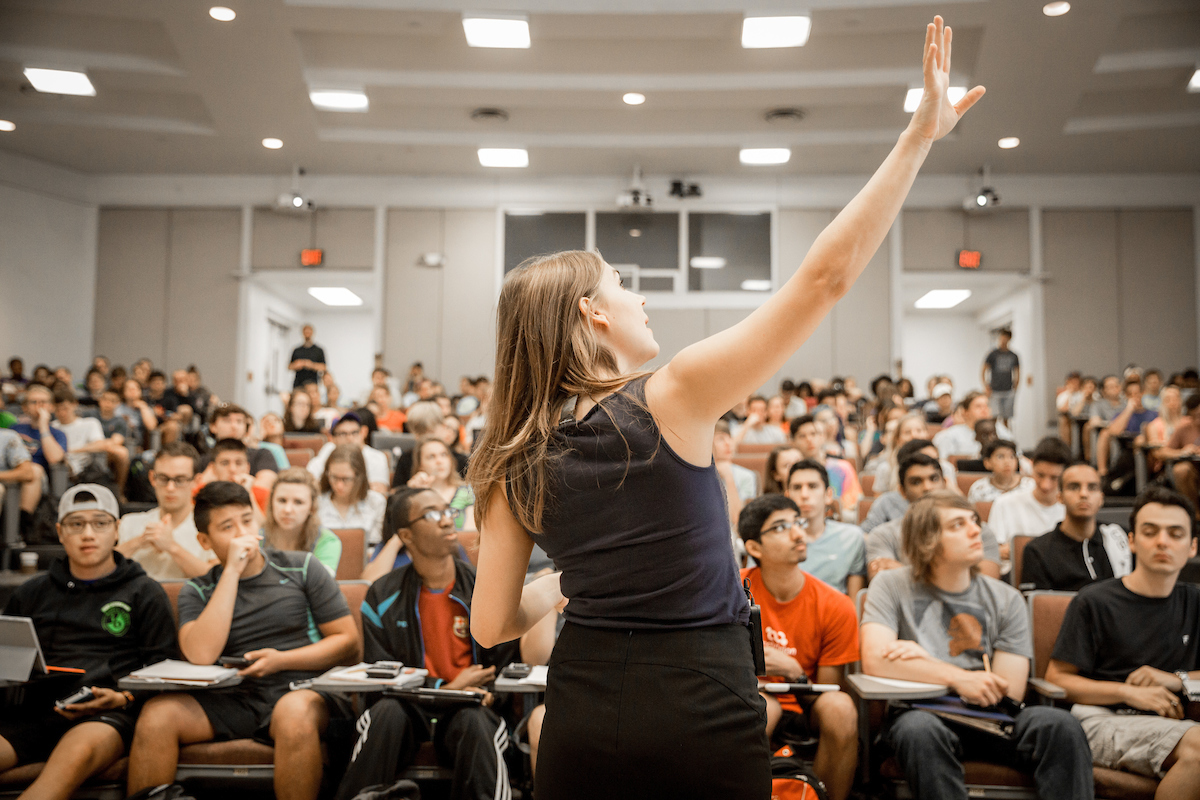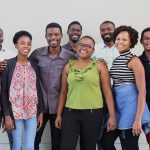
Proactive Inclusion
In the spring of 1989, I defended my doctoral dissertation from Louisiana State University. This was a big deal for me, this kid from the outskirts of East Baton Rouge Parish getting his Ph.D. and starting a career in research. Nine years prior, I was a high school student ill-prepared for the challenges of university life. Through hard work, a great supporting family structure and other factors, I had completed a Ph.D. dissertation which had been awarded the Dissertation of the Year Award for the entire university.
At the time, I was also interviewing for jobs, and LSU was offering me an assistant professor position. On the day of my dissertation defense, I interviewed with a high-ranking LSU administrator who had attended my defense and reviewed my dissertation. In our discussion, he very much caught me off guard when, in discussing my dissertation, he specifically criticized me for mentioning the impact of my Christian faith in the acknowledgements, stating that doing so was unprofessional and inappropriate, and should have been left out. I was a bit speechless. Why would acknowledging the personal impact of my religion be “inappropriate” and “unprofessional?” In his view, I could be a part of the profession as long as I excluded or hid a personal attribute that he deemed unacceptable. To be clear, that administrator no longer works for LSU, and my alma mater has been very good to me since. However, on that day, I walked away quite disenchanted due to the actions of one administrator and did not take the offered job.
That experience some 27 years ago and others since have made clear to me the importance of inclusion within an institution. We all bring uniquely different attributes to our communities, whether it be our religion, sexual orientation, ethnicity, race, political or social views. The only way people fully invest their talents, energies and intellect into the mission of our university is if they feel included and valued as a person and all that it entails. A commitment to diversity must value and encourage inclusion of all. It must encourage the diverse elements of the individual to be evident and expressed, not suppressed.
This month, we will welcome a new cadre of undergrads, graduate students, post-docs and faculty to UF, many of them engaged in the research mission of our institution. For some, their uniqueness will be apparent, for others less so. We need to be proactively inclusive and embrace the diversity each brings to our community, because inclusion makes our research efforts, our communications, our educational experiences and our community better.
For these newbies, we look like a huge conglomerate of unknown attitudes and opinions. Let’s make certain that all feel included. Let’s ensure that the diverse elements that make the people of UF individuals shine forth.







